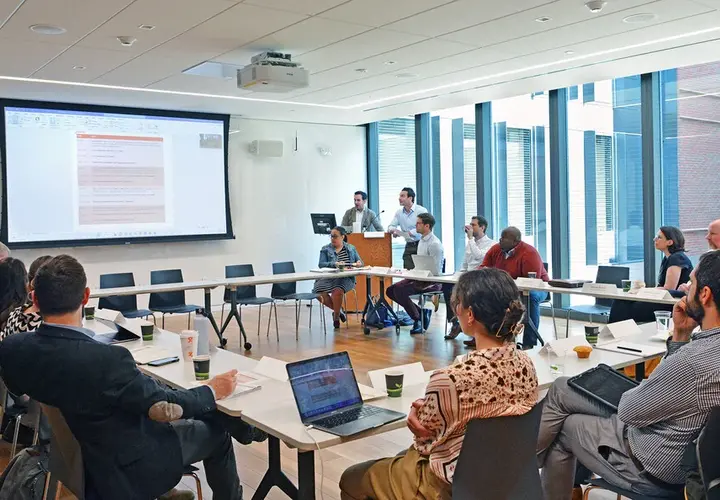Medicaid, Medicare, and Supplemental Insurance
are essential pillars of the US Health System, and their quality and effectiveness are more important than ever.

Medicaid and Medicare are the two primary government programs in the U.S. that provide access to healthcare. The Medicare program provides health insurance to seniors over age 65 and individuals with a subset of disabilities, while Medicaid is the nation’s public insurance program for low-income individuals. Over the last decade, coverage for both programs has expanded significantly and now covers 1 in 3 Americans.
This historic growth combined with the sheer complexity of these systems has elevated questions related to efficacy and sustainability to the top of our nation’s policy agenda. Tobin researchers are studying both programs including the drivers of the variation and growth in Medicare and Medicaid spending, respectively; quality differences across Medicare Advantage plans and privately-run Medicaid plans; how monetary and non-monetary incentives influence how healthcare providers treat Medicare beneficiaries; and state-level approaches to making care delivery more productive.



